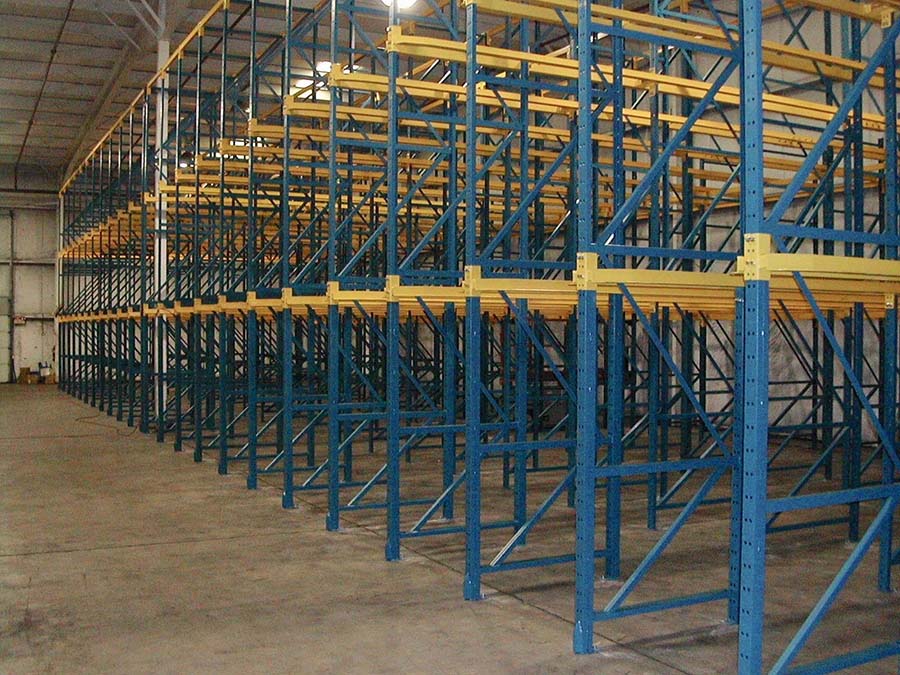
-
 Afrikaans
Afrikaans -
 Albanian
Albanian -
 Amharic
Amharic -
 Arabic
Arabic -
 Armenian
Armenian -
 Azerbaijani
Azerbaijani -
 Basque
Basque -
 Belarusian
Belarusian -
 Bengali
Bengali -
 Bosnian
Bosnian -
 Bulgarian
Bulgarian -
 Catalan
Catalan -
 Cebuano
Cebuano -
 Corsican
Corsican -
 Croatian
Croatian -
 Czech
Czech -
 Danish
Danish -
 Dutch
Dutch -
 English
English -
 Esperanto
Esperanto -
 Estonian
Estonian -
 Finnish
Finnish -
 French
French -
 Frisian
Frisian -
 Galician
Galician -
 Georgian
Georgian -
 German
German -
 Greek
Greek -
 Gujarati
Gujarati -
 Haitian Creole
Haitian Creole -
 hausa
hausa -
 hawaiian
hawaiian -
 Hebrew
Hebrew -
 Hindi
Hindi -
 Miao
Miao -
 Hungarian
Hungarian -
 Icelandic
Icelandic -
 igbo
igbo -
 Indonesian
Indonesian -
 irish
irish -
 Italian
Italian -
 Japanese
Japanese -
 Javanese
Javanese -
 Kannada
Kannada -
 kazakh
kazakh -
 Khmer
Khmer -
 Rwandese
Rwandese -
 Korean
Korean -
 Kurdish
Kurdish -
 Kyrgyz
Kyrgyz -
 Lao
Lao -
 Latin
Latin -
 Latvian
Latvian -
 Lithuanian
Lithuanian -
 Luxembourgish
Luxembourgish -
 Macedonian
Macedonian -
 Malgashi
Malgashi -
 Malay
Malay -
 Malayalam
Malayalam -
 Maltese
Maltese -
 Maori
Maori -
 Marathi
Marathi -
 Mongolian
Mongolian -
 Myanmar
Myanmar -
 Nepali
Nepali -
 Norwegian
Norwegian -
 Norwegian
Norwegian -
 Occitan
Occitan -
 Pashto
Pashto -
 Persian
Persian -
 Polish
Polish -
 Portuguese
Portuguese -
 Punjabi
Punjabi -
 Romanian
Romanian -
 Russian
Russian -
 Samoan
Samoan -
 Scottish Gaelic
Scottish Gaelic -
 Serbian
Serbian -
 Sesotho
Sesotho -
 Shona
Shona -
 Sindhi
Sindhi -
 Sinhala
Sinhala -
 Slovak
Slovak -
 Slovenian
Slovenian -
 Somali
Somali -
 Spanish
Spanish -
 Sundanese
Sundanese -
 Swahili
Swahili -
 Swedish
Swedish -
 Tagalog
Tagalog -
 Tajik
Tajik -
 Tamil
Tamil -
 Tatar
Tatar -
 Telugu
Telugu -
 Thai
Thai -
 Turkish
Turkish -
 Turkmen
Turkmen -
 Ukrainian
Ukrainian -
 Urdu
Urdu -
 Uighur
Uighur -
 Uzbek
Uzbek -
 Vietnamese
Vietnamese -
 Welsh
Welsh -
 Bantu
Bantu -
 Yiddish
Yiddish -
 Yoruba
Yoruba -
 Zulu
Zulu
Steel Thread Rolling Machine Price List and Specifications Overview
Understanding the Price List of Steel Thread Rolling Machines
The manufacturing industry continuously seeks efficient and effective ways to produce components, with thread rolling machines being a critical tool in this pursuit. These machines, particularly those designed for steel, are integral for creating high-quality threads necessary for various applications. Understanding the price list for steel thread rolling machines is essential for businesses looking to invest in or upgrade their production equipment.
What is a Steel Thread Rolling Machine?
A steel thread rolling machine is a specialized device that creates threads on steel rods or bars through a process called cold rolling. This technique involves deforming the steel under high pressure without the use of heat, resulting in strong, precise threads. These machines are widely used in manufacturing bolts, nuts, and various fasteners, making them vital for industries such as automotive, aerospace, and construction.
Factors Influencing the Price of Steel Thread Rolling Machines
1. Machine Type There are several models of thread rolling machines, including flat die, cylindrical, and planetary types. Each has distinct features and capabilities, affecting the overall cost. For example, flat die machines are generally less expensive than planetary machines, which offer more complex capabilities.
2. Production Capacity The machine's production capacity, usually measured in pieces per minute or strokes per minute, directly influences the price. Higher production rates often come with more advanced features and robust construction, leading to increased costs.
3. Automation Level Fully automated machines tend to be more expensive than manual or semi-automatic ones. Automation can significantly boost production efficiency and consistency, making it a worthwhile investment for high-volume manufacturers.
steel thread rolling machine pricelist

4. Brand and Quality The reputation of a manufacturer plays a crucial role in pricing. Established brands with a history of reliability and performance typically command higher prices. Investing in a machine from a reputable manufacturer can lead to better after-sales service and support, which is an important consideration for many businesses.
5. Customization Many manufacturers offer customization options to meet specific production requirements, which can increase the cost. Enterprises may need features like tailored die sizes or specialized controls, influencing the final price.
6. Market Trends and Material Costs Prices can also fluctuate based on market demand and the cost of raw materials. As steel prices rise or fall, the expenses of producing thread rolling machines may correspondingly change, impacting the price list.
Typical Price Range
The price of a steel thread rolling machine can vary significantly depending on the factors mentioned above. On average, small to medium-sized machines can start from around $10,000, while larger, fully automated machines can exceed $100,000. Mid-range machines typically range from $30,000 to $70,000, representing a balance between cost and production capability.
Conclusion
Understanding the price list for steel thread rolling machines is crucial for manufacturers considering investment in new equipment. By evaluating the factors that influence prices, companies can make informed decisions that align with their production needs and budget. Investing in the right thread rolling machine can enhance productivity, improve product quality, and ultimately lead to increased profitability. As the manufacturing landscape continues to evolve, staying updated on equipment options and price trends is essential for maintaining competitiveness in the industry. Whether a company opts for a basic model or a high-end automated solution, careful consideration of the investment will yield benefits in the long run.
